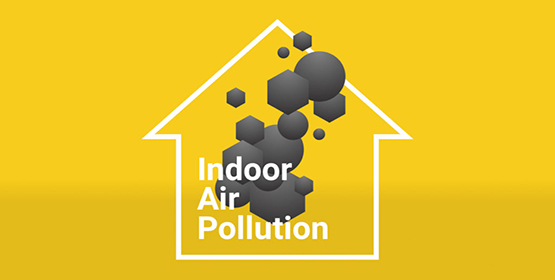Indoor Air Quality (IAQ)
MANAGING INDOOR AIR POLLUTION IN OFFICE
Indoor Air Quality (IAQ) is defined as the quality of air that affects the health and well-being of the building occupants. As per EPA & National Institute for Occupational Safety & Health (NIOSH), indoor pollutant level maybe 10 to 100 times higher than outdoors. The air quality of the indoor environment profoundly affects the health, comfort, and productivity of building occupants. There are some basic factors that managers and employers should know in order to properly manage indoor air pollution in office premises.
There are three most commonly heard complaints in any office:
1. Temperature – the air is either too hot or too cold
2. Air movement – the air is either too breezy or too still
3. Humidity – the air is too dry or too stuffy
This kind of situation in office premises creates health issues like flu or cold, headache, sinus problem, congestion, dizziness, nausea, fatigue, and irritation of the eyes, nose or throat. Other health-related complaints may be due to allergic reactions from allergens like dust mites, cat dander, and mold spores. When exposed to such allergens, 10 percent or more of the population exhibit symptoms like sneezing, swollen airways or asthma-like attacks.
Why

